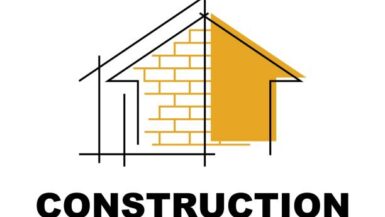Introduction
When it comes to constructing durable and aesthetically pleasing buildings, post and beam construction has stood the test of time. This traditional building technique has been used for centuries, and it continues to be a popular choice for both residential and commercial projects. In this article, we will explore the fundamentals of post and beam construction, its historical significance, advantages, and modern applications.
Table of Contents
- What is Post and Beam Construction?
- The Historical Significance of Post and Beam Construction
- Advantages of Post and Beam Construction
- Durability and Strength
- Design Flexibility
- Natural Beauty
- Sustainable Construction
- Modern Applications of Post and Beam Construction
- Residential Buildings
- Commercial Structures
- Agricultural and Equestrian Facilities
- Recreational Pavilions
- Restoration and Preservation Projects
- The Post and Beam Construction Process
- Design and Planning
- Materials Selection
- Foundation
- Beam Placement
- Post Installation
- Roofing and Enclosures
- Interior Finishes
- Maintaining Post and Beam Structures
- Inspections and Repairs
- Protecting Against Environmental Factors
- Cleaning and Refinishing
- Why Post and Beam Construction Endures
- Timeless Appeal
- Structural Integrity
- Sustainable and Eco-Friendly
- Regional Adaptability
- Incorporating Modern Technology
- Advanced CAD and Design Tools
- Green Building Solutions
- Structural Enhancements
- Perplexity in Post and Beam Construction
- The Art of Joinery
- Balancing Aesthetics and Functionality
- Customization Challenges
- Burstiness in Post and Beam Construction
- Surge in Popularity
- Modern Innovations and Revivals
- Sustainable Architecture Movement
- Conclusion
Post and beam construction is a remarkable architectural technique that has shaped the landscape of countless buildings over centuries. Its enduring charm lies in its simplicity, adaptability, and connection to nature. The robust framework and design flexibility make it an ideal choice for various applications, from residential homes to commercial structures and more.




Leave a reply